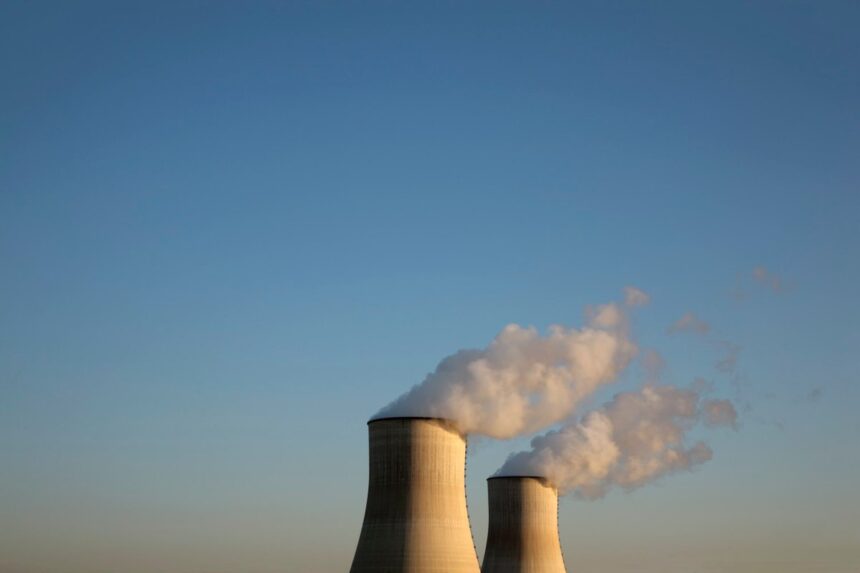Amazon today became the latest big tech company to throw its weight behind nuclear power, joining Microsoft and Google, which both previously announced long-term promises to buy nuclear power from startups to power their data centers.
The company revealed three deals, including an investment in startup X-Energy and two development agreements that aim to add around 300 megawatts worth of capacity in both the Pacific Northwest and Virginia, two data center hotspots.
The two development deals outline the construction of small modular reactors (SMR), which generate a fraction of the power produced by contemporary nuclear power plants but which proponents say will be faster and cheaper to build. Amazon expects the reactors will start generating electricity in the early 2030s.
In the Pacific Northwest, the agreement with the Energy Northwest consortium of state public utilities will support the construction of four SMRs that will produce around 320 megawatts combined. Future expansion could bump the total generating capacity to 960 megawatts, enough to power about 1 million homes. In Virginia, Amazon and Dominion have agreed to “explore the development” of 300 megawatts worth of SMRs near the North Anna located between Washington, D.C., and Richmond.
Those projects are likely to be built using technology from X-Energy, an SMR startup based in Rockville, Maryland. Amazon’s Climate Pledge Fund led a new $500 million Series C-1 round into the company, with participation from other investors including Citadel founder Ken Griffin, NGP, and the University of Michigan. The new round adds to the $385 million the company has raised to date, according to PitchBook.
X-Energy specializes in high-temperature gas-cooled reactors, an approach that fell out of favor in the U.S. and Europe but, as new designs emerged, was more recently revived in Japan and China.
When built, X-Energy’s Xe-100 reactor will generate 80 megawatts of electricity. Its uranium fuel is coated with three layers of carbon, and 18,000 of these poppy seed-sized particles are then loaded into a billiard-ball sized “pebble,” and 200,000 of those pebbles are used per reactor. Helium flows between the pebbles, where it’s heated to 750 degrees C. That heat is then transferred to water, which generates steam to spin a turbine.
The fuel system, known as TRISO, is touted as being safer than existing nuclear fuel designs, with the particles containing the uranium under high temperatures.
X-Energy’s first reactor will be built at a Dow chemical plant outside Corpus Christi, Texas. The company has not announced when the project will be completed. The company said that it intends to develop up to 5,000 megawatts of new nuclear power throughout the U.S. by 2039.
The new deals with Amazon, like the deal Google announced on Monday with Kairos, give nuclear fission a boost in the face of growing progress on nuclear fusion and the steady march of power from renewable sources like solar and wind, which have become considerably cheaper over the last decade. Although nuclear power is widespread, new reactor designs have yet to be commercially proven, and their timeline puts them in direct competition with other sources of carbon-free power that promise to decarbonize the electrical grid in the coming decade.






